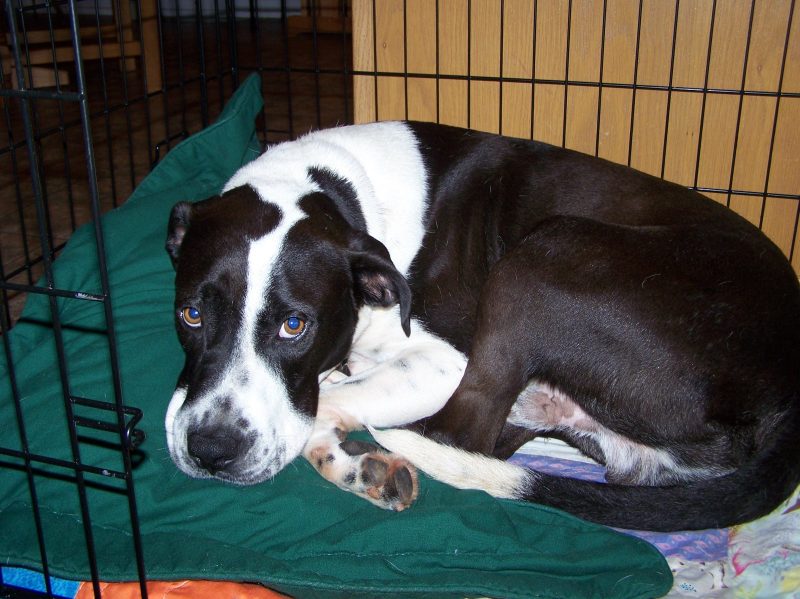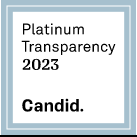Since 2012, our specialty here at Piney Mountain Foster Care has been the treatment and recovery of heartworm positive dogs who come from local animal shelters. Treating heartworm takes a special set of skills of which not all canine fosters are capable.
The normal treatment process for heartworm infestation includes Minocycline or Doxycycline (antibiotics) for 30 days, then an oral heart worm treatment to kill infant worms in the blood stream, followed by two or three Immiticide injections to kill the adult worms. Prednisone is given along with the three treatments to reduce fluid build-up and help the lungs heal. This process usually takes 8-10 weeks: if there are no complications. When complications arise, recovery has taken up to 6 months — if they live through it at all.
Activity Restrictions
Once the Immiticide has been given it is critical that the dog be kept on crate-rest and allowed NO physical exertion. This is the part that makes it so difficult to treat heartworm in an institutional setting like a shelter. You cannot just stick a dog in a crate and leave him there. Frequent potty breaks are needed, especially when they’re on Prednisone, and during those times, close supervision is needed to keep the dog from getting physically active.
Why No Activity?
The reason for this restriction is that dead worm tissue will float down the blood stream from the heart and lodge in the lungs. As long as the dog stays calm, her body will absorb this tissue and her lungs will clear up. But if the blood pumps too fast, the dead worms cause a stoppage which can rupture the lung (an embolism) and she can bleed-out and drown in her own blood. A very small embolism (evidenced by coughing out blood) can be treated with additional medication, but will greatly extend recovery time.
For the first two or three days after the Immiticide, the dog will not feel like getting frisky anyway. The Immiticide injections are given deep in the back muscles, which leaves that area sore and achy. Then the poison that kills the worms (contains arsenic) will make the dog quite sick. He may lose his appetite, will probably sleep a lot, and will be quite unhappy. Usually. We have had a few that bounced back so fast we wondered if they’d been treated at all!
It’s after the dog gets feeling better that you enter the phase of highest danger. Now she wants to play again … and she must not! Giving in and letting her play because you feel sorry for her may well kill her. This activity restriction must be adhered to for a MINIMUM of two weeks, and four weeks is the norm.
Once treatment is successfully completed, the dog is healthy again and can resume a normal life.
Who Does What?
The arrangement for treatment is that private individuals donate money as sponsors of a dog. This donation covers the cost of the medications which run from $80 to $300 depending on the size of the dog.
A veterinarian administers the Immiticide. If this vet is on staff at a shelter, his or her participation is covered by their salary. If an outside veterinarian is used to administer the treatments, the cost of treatment will be significantly higher. Treatment for a fairly large dog typically costs around $1,100.00
The foster parent administers the Minocycline or Doxycycline and Prednisone with the dog’s meals. Sometimes Tramadol is called for as a pain medication, but normally just for the first 24 hours. We also provide the equipment (crate, bedding, bowls, etc.), indoor living space, and a loving environment (which includes lots of treats). The foster provides the love and provides the firm guidance needed to prevent the dog from injuring himself. For many, that’s the hardest part. But this “tough love” is needed if he is to survive. Heartworm treatment is serious business. But truly saving a life is a great reward for our effort.



